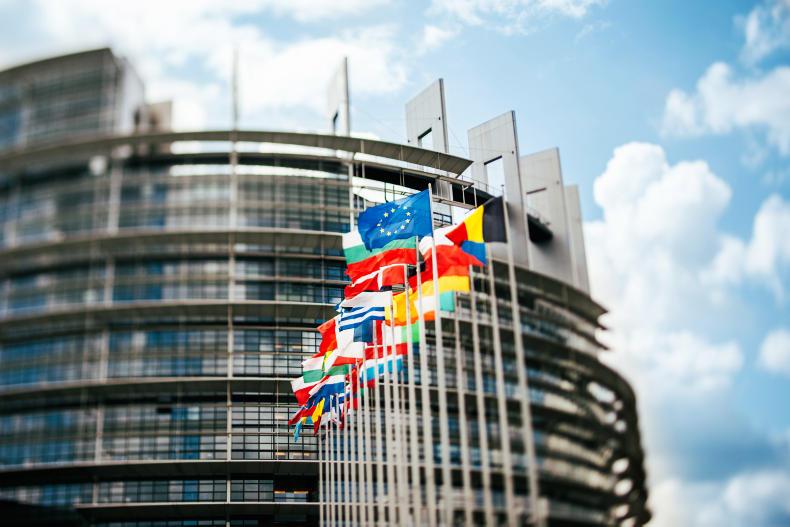DEAR SIR, Now that we’ve had the more principled debate, perhaps we can turn to the looming reality – all sectors of the economy, including agriculture, will have to contribute to reducing Ireland’s GHG emissions.
I venture that most people want to see Irish agriculture thrive and play a full role in feeding the burgeoning world population.
The arguments related to our carbon efficiency of production are strong and need to be taken into account. Work on improving this efficiency must continue and gather pace. But, at the moment, it does not appear likely to reduce emissions sufficiently. The same can be said for afforestation and probably for farm bioenergy. That is not in any way to downplay their contributions but rather to recognise the probable shortfall.
In the not so distant future, an Irish government will have some very uncomfortable decisions to make regarding agriculture.
Do we, for instance, make up any agricultural emissions shortfall by requiring more from other sectors? If so which? Do we decide just to pay whatever fines might be imposed for not achieving international commitments and, if so, do we penalise agricultural output or let general taxation cover the cost? Do we have carbon allowances at farm level (very difficult) and, if so, how do we deal with efficiency and inefficiency.
Do we penalise the best or the worst producers? Do we take a different approach to dairy or sheep or pigs as compared to beef or arable? There are hundreds of questions to be debated.
Looking at the farm from a wider perspective is also worth consideration. We should also now examine the extent to which farms could provide solar and any other largely non-agricultural sources of energy and so act as a substitute for the fossil energy which Ireland imports daily. What is the potential and what are the blockages to be resolved? And indeed, what organisations might drive and deliver breakthroughs in these areas?
Our dairy industry, in particular, has been dynamic in research and development over many years and has the closest of ties with farmers as well as a strong desire for increased milk supply.
It would be very useful were it to now link up with farmers, the relevant state regulatory and research services and the relevant energy sectors to prepare a report and perhaps deliver a blueprint along these lines.
Maybe that involves all dairy farms or maybe large farms dedicated to energy. Better to discuss this now!
The Irish 2030 GHG emissions reduction target is just a small step on the route to the global ambition of no net emissions from late century. We can spend the limited time available in arguing about causes or we can accept the political reality.
I look forward to the IFJ debate now moving towards solutions.









SHARING OPTIONS